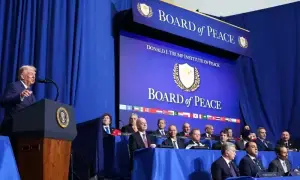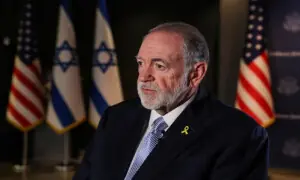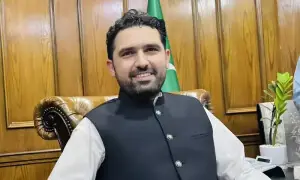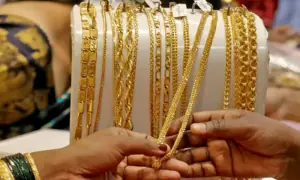With Mianwali gone, which seat will Imran Khan retain?
4 min readKARACHI: Cricketer-turned-politician Imran Khan broke his own record by winning six seats simultaneously in the bye-election on Sunday. The PTI chief had contested by-polls on seven out of the eight National Assembly seats.
In the 2018 general elections, he won five seats and became the only lawmaker to win the maximum number of seats in a single election.
However, the Constitution and rules said that a member of parliament cannot retain more than one seat. Hence, Imran, who’s already a lawmaker from a NA seat, has to vacate at least six seats.
Read: Bye-elections: PTI wins six NA, two PA seats
Article 223 of the Constitution barred MPs from double membership. “No person shall, at the same time, be a member of- a. both Houses; or b. a House and a provincial assembly; or c. the assemblies of two or more provinces; or d. a House or a provincial assembly in respect of more than one seat,” said the first clause of the article.
But the second clause of the same law said that nothing in the above-mentioned clause “shall prevent” a person from being a candidate for two or more seats at the same time.
Which seat will Imran vacate?
The second clause of Article 223 of the Constitution also said that “if he is elected to more than one seat he shall, within a period of 30 days after the declaration of the result for the last such seat, resign all but one of his seats, and if he does not so resign, all the seats to which he has been elected shall become vacant at the expiration of the said period of thirty days except the seat to which he has been elected last or, if he has been elected to more than one seat on the same day, the seat for election to which his nomination was filed last.”
The law also elaborated on the number of seats an elected candidate can retain with themselves.
It added: “A person to whom clause (2) applies shall not take a seat in either House or the provincial assembly to which he has been elected until he has resigned all but one of his seats.”
Read: Former PM Imran says by-election ‘a referendum’ on his popularity
Subject to clause (2), the law said: “if a member of either House or of a provincial assembly becomes a candidate for a second seat which, in accordance with clause (1), he may not hold concurrently with his first seat, then his first seat shall become vacant as soon as he is elected to the second seat.”
In view of the law, the PTI chief does not have the option of leaving all the seats he won on Sunday and retaining the same Mianwali seat from where he was elected a member of Parliament.
Resultantly, Imran has to keep one seat out of the total he won in bye-elections.
The former premier’s nomination papers from NA 108 Nankana were accepted in the last on August 24 while he had filed documents from other constituencies on August 12.
The above stated law would only be applicable if Imran himself does not announce his decision to vacate the additional seats. The first condition was that he retained one out of the total seats won on Sunday.
ANP’s Haji Ghulam Ahmad Bilour, who lost to Imran in the Peshawar constituency, has refused to accept the results and announced his decision to move the Election Commission of Pakistan or the court. So, retaining the seat of Khyber Pakhtunkhwa’s capital could be difficult for the former PM.
Read: Campaign for by-elections on 11 NA, PA seats ends
Imran beat PML-N leaders Abid Sher Ali and Shezra Mansab in Faisalabad and Nankana respectively. He clinched the Charsadda’s seat after beating ANP’s Aimal Wali with a margin of 10,000 to 15,000 votes, the PTI chief also won by a big margin in Karachi’s NA 239.
When bye-elections will be held on vacant seats?
As earlier mentioned, Imran has to make a decision on the additional seats within 30 days of the announcement of the results. And, if he does not make a decision in the stipulated period then all except one of his seats would be declared vacant.
The results announcement was expected within a week after which the 30-day countdown would begin for Imran.
The ECP has to organise elections within a month after the end of the period. Such a restriction was mentioned in Article 224 (time of election and bye-election) of the Constitution.
It would take around two months for the ECP to organise bye-elections if the PTI chief immediately vacates the seats. Or else it would be held for more than two months. However, it would be different if the assemblies were dissolved in this period.
Translated from the original Urdu here by Fahim Hussain.
For the latest news, follow us on Twitter @Aaj_Urdu. We are also on Facebook, Instagram and YouTube.























Comments are closed on this story.